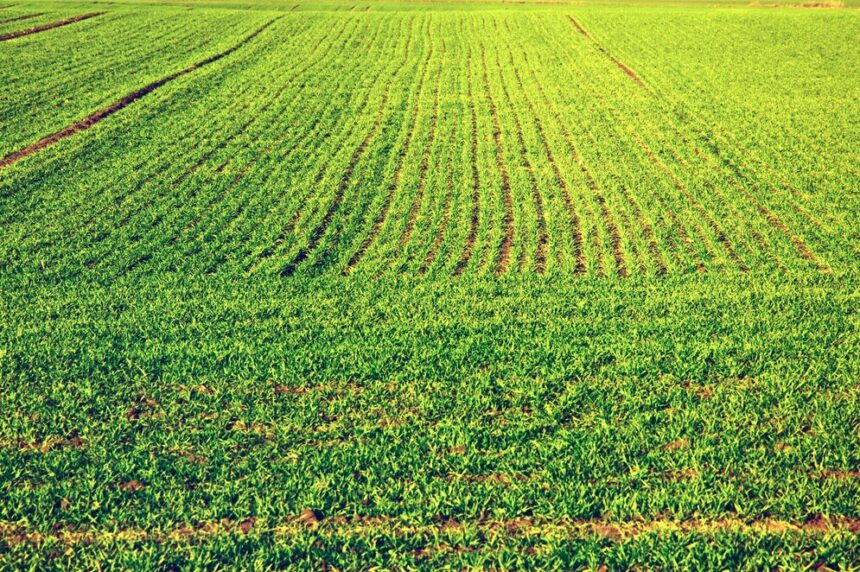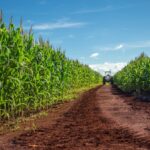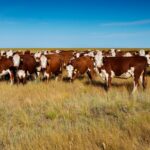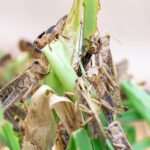As the global demand for sustainable agriculture grows, South African farmers are increasingly turning to regenerative farming—a holistic approach that restores soil health, enhances biodiversity, and improves water retention. This farming method is gaining momentum across the country, offering a solution to soil degradation, climate change, and food security challenges.
What is Regenerative Farming?
Regenerative farming goes beyond sustainable agriculture by actively improving soil and ecosystem health. It involves practices such as:
- Minimal soil disturbance (reduced tillage) to preserve soil structure
- Cover cropping to prevent soil erosion and enhance fertility
- Diverse crop rotations to improve biodiversity and pest control
- Composting and organic fertilization to enhance microbial activity
- Holistic grazing management for livestock to mimic natural ecosystems
Unlike conventional methods that focus on short-term yields, regenerative farming prioritizes long-term sustainability, ensuring that the land remains productive for future generations.
Why is Regenerative Farming Growing in SA?
Several factors have contributed to the rise of regenerative farming in South Africa:
- Soil Degradation and Climate Change
Many farms suffer from poor soil health due to decades of intensive agriculture. Regenerative practices help restore depleted soils, making them more resilient to drought and extreme weather. - Water Conservation
With increasing water scarcity, regenerative farming offers a solution by improving soil water retention, reducing runoff, and preventing erosion. - Market Demand for Sustainable Products
Consumers are becoming more conscious of how their food is produced. Restaurants, retailers, and export markets are increasingly favoring farms that use environmentally friendly methods. - Support from Agricultural Organizations
Government initiatives, non-profits, and private-sector players are promoting regenerative farming through training programs, financial incentives, and research projects.
Success Stories in South Africa
Many farmers across the country are proving that regenerative farming is not only sustainable but also profitable. For example:
- A grain farmer in the Free State transitioned to regenerative practices and saw improved soil fertility, higher yields, and reduced input costs.
- A livestock farmer in the Eastern Cape adopted rotational grazing, leading to healthier pastures and increased meat production.
- A vineyard in the Western Cape implemented composting and cover cropping, enhancing grape quality while reducing reliance on chemical fertilizers.
Challenges and the Road Ahead
While regenerative farming offers numerous benefits, some challenges remain:
- Initial Transition Costs: Shifting from conventional to regenerative methods may require investments in new equipment, training, and trial periods.
- Knowledge Gaps: Many farmers are still unfamiliar with regenerative techniques and need access to training and mentorship.
- Market Incentives: More work is needed to establish premium pricing and certification for regenerative farm products.
Despite these challenges, the future of regenerative farming in South Africa looks promising. With growing awareness, supportive policies, and successful case studies, more farmers are expected to adopt these methods, ensuring a more resilient and productive agricultural sector.
Join 'Farmers Mag' WhatsApp Channel
Get the latest Farming news and tips delivered straight to your WhatsApp
CLICK HERE TO JOIN






